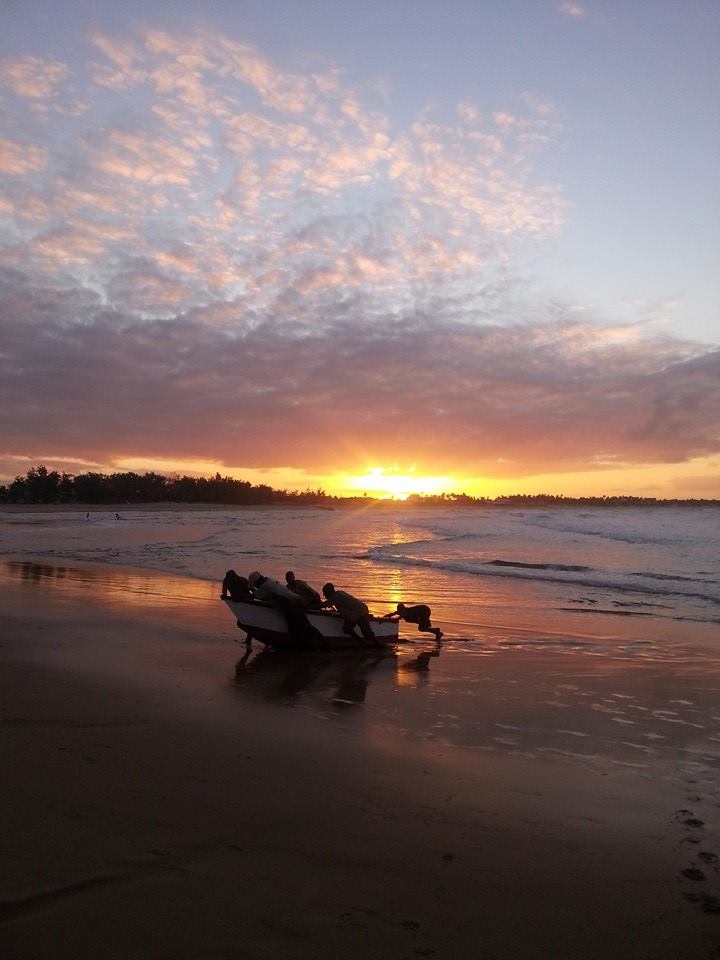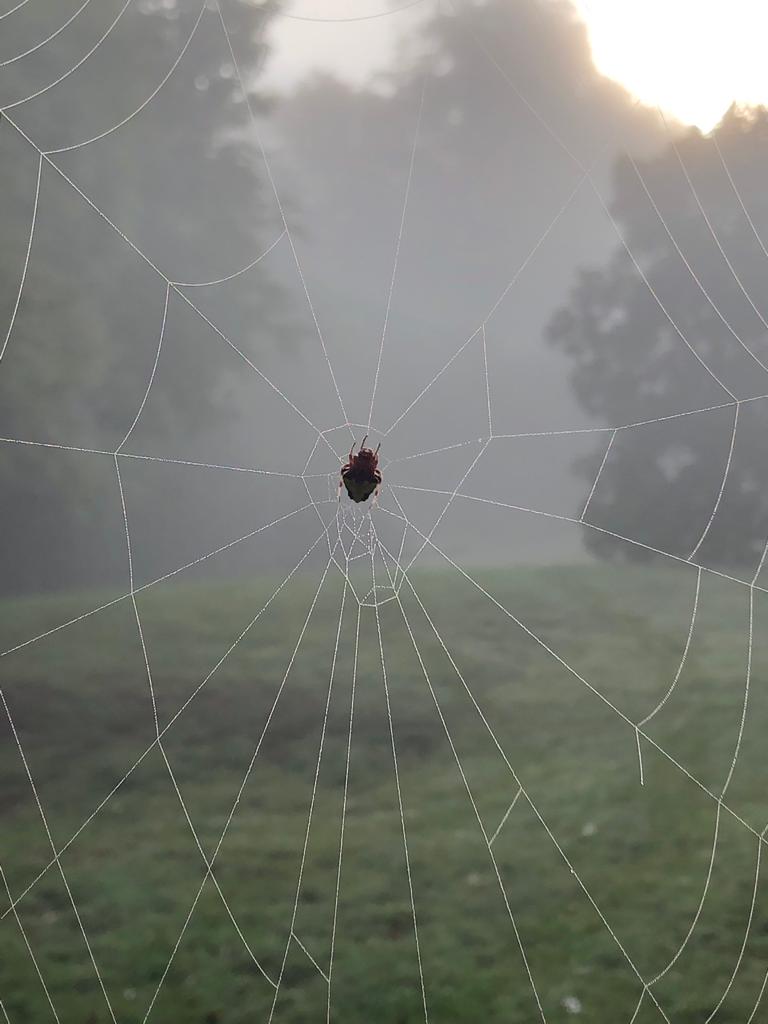Fear grows out of the things we think. It lives in our minds.
Compassion grows out of the things we are, and lives in our hearts.
Barbara Garrison
Nothing is worth more than this day. You cannot relive yesterday. Tomorrow is still beyond your reach.
Johann Wolfgang von Goethe
We shall be with you in the Fellowship of the Spirit, and you will surely meet some of us as we trudge the Road of Happy Destiny.
AA `Big Book´
`Fellowship´ is defined as a company of equals or friends. Another definition is a community of common interest, activity, feeling, or experience.
In the post-covid world increasingly characterised by loneliness and alienation, we would do well to examine the conditions in which fellowship thrived in the past so we can learn to cultivate community and rediscover how to reap the benefits of fellowship which have been so critical in the evolution of the human species over the aeons.
We could be forgiven for thinking that the world we have today is somehow `normal´ and jump to the conclusion that it has always been so. This is far from the truth. As a species we are undergoing unprecedented, seismic changes, in terms of both scope and speed.
Even during this lifetime, many of us look back on a childhood and youth without internet, PCs, smartphones, or Artificial Intelligence, – just as our grandparents spent their youth without radio, TV, international air travel, and weapons of mass destruction.
This time span of four or five generations is simply a bat of an eyelid on the timeline of human evolution, yet the world today would be unimaginable for any person born only 150 years ago.
Of course, many would point to the incredible advances in science and technology which are undeniable. In the western world, at any rate, we live in a state of unimaginable material luxury, compared to the circumstances of our great-grand parents.
Running water, hot and cold, freely available transport, impressive medical advances, and improved food supplies, – in both quantity and variety – than has ever been available before; these are just some of the achievements of modern society.
Young people get to choose their professions, women have begun to achieve equality of opportunity in many respects, and freedom of cultural and religious expression has become an established principle in many nations.
It is important to note that not everybody enjoys such luxury. In fact, tyranny still holds sway in many places, racism pervades many societies, and the gap between the rich and poor in our global village seems to be widening at an ever-increasing rate, leaving many millions in utter destitution on a planet which could be managed to provide abundance for all.
For me, the key question is what impact these achievements have had on our happiness. Are we as happy or even more happy than our predecessors? I have my doubts.
Rather than get into a competitive debate about today and the `good old days´, my interest revolves around one important question: In a world which values freedom above all other human characteristics, are we really free?
Are we really free to be who we are? Many people with whom I cross paths struggle with a sense of servitude, which prevents them from living the life they truly love. Let’s explore this further.
The subset of people who are forced to consciously deal with the topic of enslavement are those whose paths have led them to a programme of recovery from substance of process addictions.
On that timeline of human evolution, to which reference was made above, the ninety years of the existence of the Twelve Step recovery movement also represent the bat of an eyelid.
Before Bill Wilson, aged forty and already in the late stages of alcoholism, went into his fourth and final detox at Towns Hospital, New York, in December 1934, – ninety years ago this month – the consensus was that alcoholics were beyond redemption, doomed to ending up in prison, the closed psychiatric ward, or the cemetery.
While under the care of Dr William D. Silkworth, Bill experienced something inexplicable at Towns Hospital and never touched a drop for the rest of his life. Though he couldn’t fully grasp what had happened to him, he was motivated to somehow pass on the gift he had received to other still-suffering alcoholics.
When Wilson began to look for ways to help others benefit from his own recovery, the seeds of fellowship began to fall on fertile ground. Not immediately, however.
A story is recounted in AA folklore whereby a weary Bill came home some months into his recovery and complained bitterly to his wife, Lois, that he had been trying to carry the message to countless others without having succeeded in even one single case. His wife listened with compassion and responded wisely: `But you are sober, Bill!´ That’s when the penny dropped.
As luck would have it, Bill bumped into Dr Bob Smith shortly afterwards. Smith, a medical doctor had been trying to apply the insights of religion, spirituality, and morality for many years in his efforts to escape the scourge of alcoholism, all to no avail. Deeply hungover on the day of their first meeting, he was determined to give Bill only fifteen minutes of his time, as a matter of courtesy.
On meeting, they retired to a private room, emerging some five hours later.
Wilson’s story and his ideas had an immediate effect on the doctor. In Wilson, Smith found a fellow sufferer, just like him, who had somehow achieved sobriety. Wilson explained that alcoholism was a mental, physical, and spiritual malady, an idea he had learned from Dr Silkworth at Towns Hospital.
Though a physician, Smith had never thought of alcoholism as a disease. Soon after meeting Wilson, Smith got sober, never to drink again.
Something important had clicked between the two alcoholics. They went on to establish a movement, a community, a fellowship, which today counts millions of recovering alcoholics and addicts among its members, all over the world.
Here is where the fellowship aspect kicks in. It is when we are faced with a common adversity, and when we really need each other, that the best characteristics of fellowship come to the surface. Bill recognised that he needed to help another in order to get well and stay well. This he put into practice with Bob Smith, – who needed and wanted help – encouraging him to do the same with others.
We call it passing it forward. It has remained a core tenant of the Twelve Step programme since its inception on that fateful day in 1935. Their experience of recovering was subsequently documented by Wilson, et al in the book `Alcoholics Anonymous´, first published in 1939.
The emergence of AA demonstrates that common experience, shared goals, and ventured interdependence all play important roles in the forging, cultivation, and maintenance of vibrant fellowship.
We see glimpses of this when natural disasters strike. Hurricanes such as recently devastated Florida and the Carolinas, or flooding disasters in Spain. People come together in kinship and camaraderie. Spirits are lifted, priorities shifted, and it seems some primordial vein of altruism and common purpose is re-awakened in those affected.
Unfortunately, it does not usually take long for this to fizzle out as we return to `normal´. What kind of normal have we created in our modern society?
It seems the deeply ingrained `hyper-independence´ kicks in again, eclipsing the sense of community, camaraderie, and loving kindness. This independence is presented as the Holy Grail of out consumer society. It seems independence is valued more than freedom.
People, like many of us in recovery, who have experienced childhood trauma, seem to have been thrown back on our own devices to navigate the immense challenges of the human condition. Trust in others, – indeed in the Universe – has been violated. The restoration of this trust is pivotal for healing.
The bonds of fellowship are woven from the common threads of our lives. As Earnie Larsen states in his `Destination Joy – Moving beyond Fear, Loss, and Trauma in Recovery´:
If you’ve been there, you will easily recognize them. Here is a subset that comes to mind.
Hitting bottom: What it means to be broken, and beyond all hope. We will have experienced the soul saving lesson of having lost everything that seemed of utmost importance so that we could be prized open for more riches than we ever thought possible.
Lack of power: We may know the indescribable agony of watching ourselves, or someone we love, dying from addiction, in steady increments of suicide by instalments, and realizing there is nothing within our will power to avert this.
Relinquishing judgement: We will have learned to stop judging others. Bill Wilson stated that the notion of one alcoholic (or addict) judging another was absurd. Our role is not to judge others but to show up with compassion. Our own path has taught us that compassion for self, others, and circumstances, is the prerequisite for healing, recovery, and growth.
Accessing Power: We will have found a Power greater than the power of human will or ego, greater in the sense that it vibrates at a higher frequency of consciousness. This Power (Great Spirit) is what breathes us at night when we are asleep and keeps in motion the celestial spheres and the wondrous cycles of Nature in the infinite Universe.
She never sleeps and never leaves our side, whether we are aware of her presence or not. Beyond words, in terms of name or description, we sense that the Spirit is the Power of Universal Love. With this Power, all human challenges, even alcoholism and all other forms of addiction or dis-ease, can be overcome.
Restoring hope: We will have experienced that there is no such thing as being hopeless and beyond recall. When we hit bottom, we felt we were too far gone to have been saved by any available human means.
Rewriting the script: We will have gone against the grain of our default script by admitting defeat and reaching out for help. The wounds of childhood will have begun healing, the spell of hyper-independence will have been broken, opening our hearts for shifting from `apart from´ to `a part of´.
Just for today: We cannot change yesterday or dictate the future. We live one day at a time. Practice makes progress. Today is the tomorrow we worried about yesterday, – and all is well.
An inside job: We will have discovered that the greatest treasure life has to offer is not measured in numbers or available from the people, places, and things `out there´. Not everything that be counted counts, and not everything that counts can be counted, as Albert Einstein observed. The treasures we seek are to be found when we shine light on the darkness within, where we initially dare not venture. Recovery is an inside job. It taps into a wellspring of deep gratitude, a joyful disposition, and peace of mind.
Embracing imperfection: We will have found that we don’t have to be perfect to be acceptable. We learn that perfection, as an aspiration, can be beneficial and, as an expectation, is generally destructive. We will have learned to live by the motto: `Progress, not perfection´. We are all perfect in our human imperfection.
Love eclipsing fear: We will have realized that love, peace, self respect, and family are all possible. These are available and accessible. We will learn that one of the greatest challenges in recovery is not only to give love, but to receive it.
The greatest gift we give one another is to allow others to enter into our lives, to allow true intimacy (in-to-me-see). We will have learned to stop pushing that love away.









